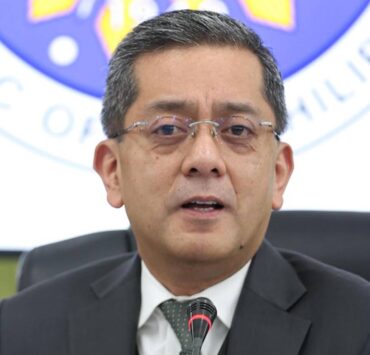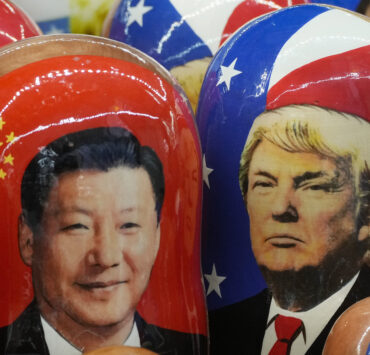Trump’s foreign aid freeze could prove to be a boon for the world’s authoritarian strongmen
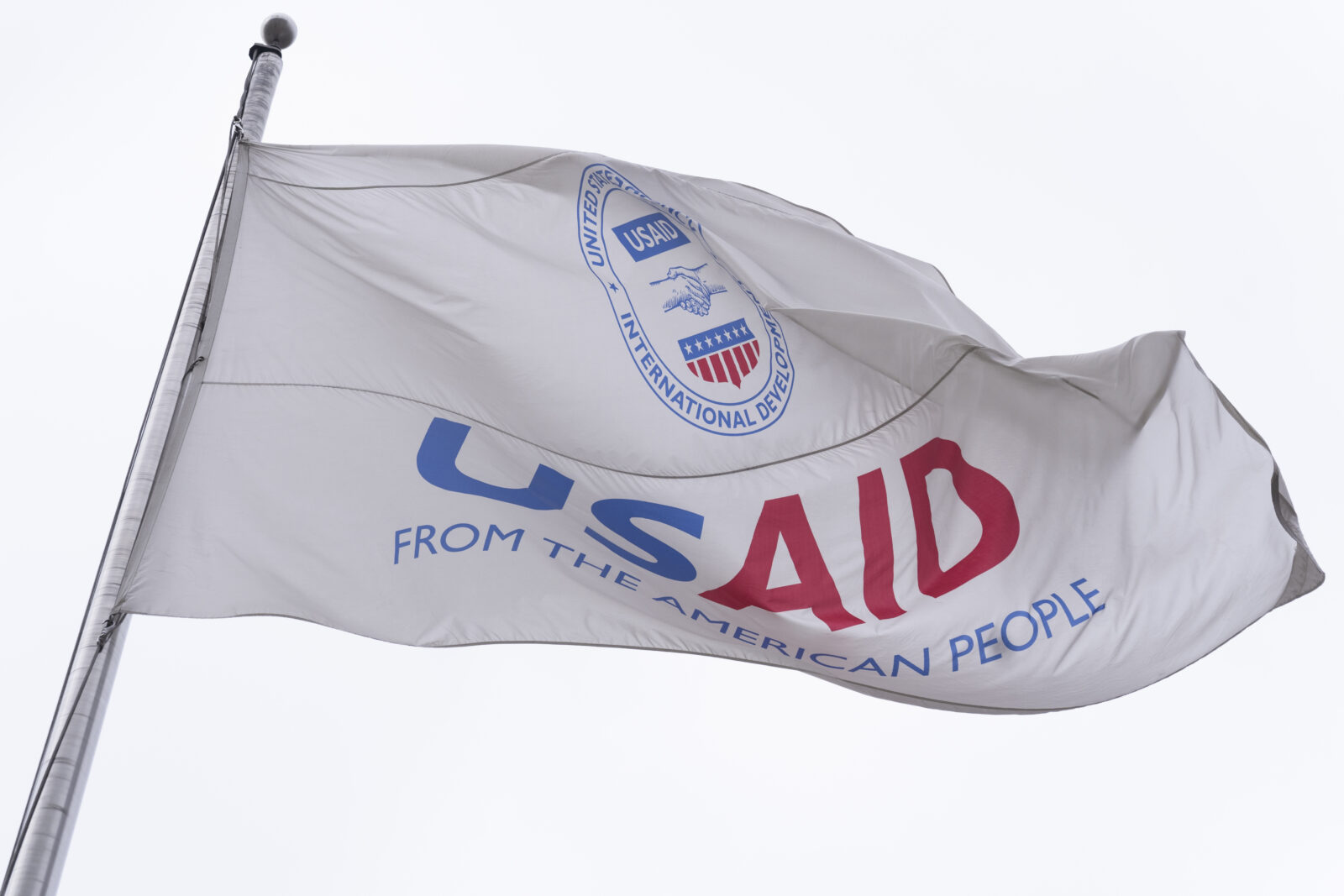
MIAMI (AP) — When President Donald Trump froze foreign assistance for 90 days, he argued that such a drastic step was needed to eliminate waste and block what he derides as “woke” spending that doesn’t align with American interests.
Experts say the suspension has another, far more serious consequence: emboldening authoritarian strongmen. Wrapped into the billions the U.S. spends annually on foreign aid — more than any other nation — are hundreds of grants for grassroots groups dedicated to fighting for democracy in authoritarian countries around the world.
Among the groups that won’t be receiving critical funding is an organization that trained poll workers to detect fraud in Venezuela’s recent presidential vote, pro-democracy activists in Cuba and China and a group of Belarusian exiles behind a campaign to block the country’s strongman from winning a sham election.
“Cutting funding to these essential efforts sends the wrong signal to dictatorships and undermines the brave individuals fighting for freedom,” said Thor Halvorssen, founder of New York-based Human Rights Foundation, which does not receive U.S. government funding. “These particular investments should not just be restored — they should be prioritized.”
Congress budgeted at least $690 million on pro-democracy programs this year to counter authoritarian rule in eight countries considered by experts among the world’s least free: Belarus, China, Cuba, Iran, Nicaragua, North Korea, Russia and Venezuela.
Much of the pro-democracy funding is channeled through the U.S. Agency for International Development, where hundreds of employees were laid off amid attempts by billionaire Elon Musk to shut down the decades-old agency as part of his campaign to slash spending.
Trump, announcing the aid freeze on his first day in office, said all foreign assistance would be evaluated as to whether it makes the United States safer, stronger and more prosperous.
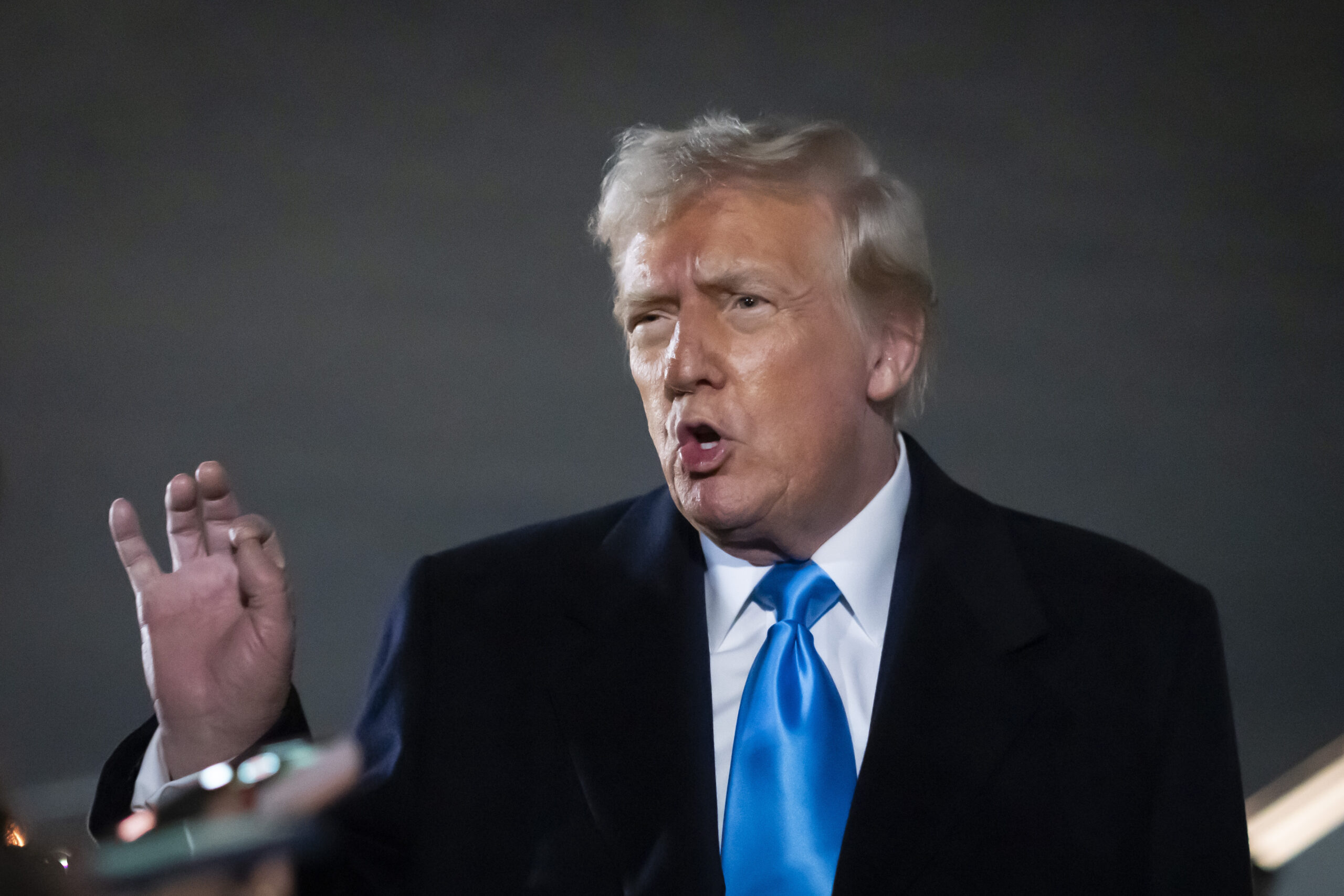
‘Radical left lunatics’
To overhaul USAID, he’s relying on Peter Marocco, a former U.S. marine and conservative activist from Dallas who briefly worked for the agency USAID during the first Trump administration. Marocco didn’t respond to an AP request for comment and The White House pointed to Trump’s comments Monday slamming USAID as being run by “radical left lunatics.”
While funding for some of the programs aligned with Trump’s “America First” foreign policy could resume, strongmen throughout the world are already celebrating and doubling down on attacks against opponents.
In Venezuela, Interior Minister Diosdado Cabello, the main enforcer of the ruling socialist party’s security apparatus, boasted last week on state TV that the aid channeled by USAID to the opposition was a “black box of corruption” that he vowed to investigate. Former Russian President Dmitry Medvedev said on X that he hopes the “notorious Deep State doesn’t swallow” Musk for pulling the plug on the agency.
In Nicaragua, a TV network owned by President Daniel Ortega’s sons declared that “Trump turned off the faucet” for the “terrorists.” Media outlets aligned with the Islamic leadership in Iran joked that the U.S. was treating its allies like “disposable tissues.”
Meanwhile, in Belarus, President Alexander Lukashenko crowed that Trump’s decision to cut funding for the “fugitive opposition” was in response to his government’s calls for a reset of bilateral relations.
Lena Zhivoglod, head of Honest People, which was set up in 2020 to counter Lukashenko’s official narrative and end three decades of his iron-fisted rule, said that she will soon have to lay off 15 staffers and terminate the lease on the group’s office in Warsaw, Poland.
“This isn’t about 15 Belarusian emigrants in Poland being forced to leave their jobs,” said Zhivoglod. “It means losing yet another battle to the propaganda machines of the Lukashenko regime and the Kremlin — machines that bombard Belarusians daily.”
The outlook was similarly bleak in Venezuela.
‘Suffocating civil society’
Among those impacted in the South American nation are journalists who’ve exposed corruption by top military and civilians officials, an organization that provides legal services to political prisoners and an election monitoring group that helped uncover credible evidence that President Nicolás Maduro stole last summer’s election.
All of the organizations asked The Associated Press not to be named for fear the government could activate a new law making it a criminal offense to receive international funding.
“Trump is doing the work that Maduro could never accomplish: suffocating civil society,” said one of the activists impacted by the funding freeze and who on Monday started laying off dozens of contractors who’ve played a key role mobilizing opposition to Maduro.
Halvorssen said that while there is merit in reevaluating programs to make sure taxpayer money is being wisely spent, pro-democracy programs are among the most effective tools for advancing U.S. interests. Still, opinion polls consistently show that Americans believe the U.S. is too generous in giving money away to foreign governments, even if other countries, such as Norway and Sweden, donate far more and foreign aid comprises less than 1% of the federal budget.
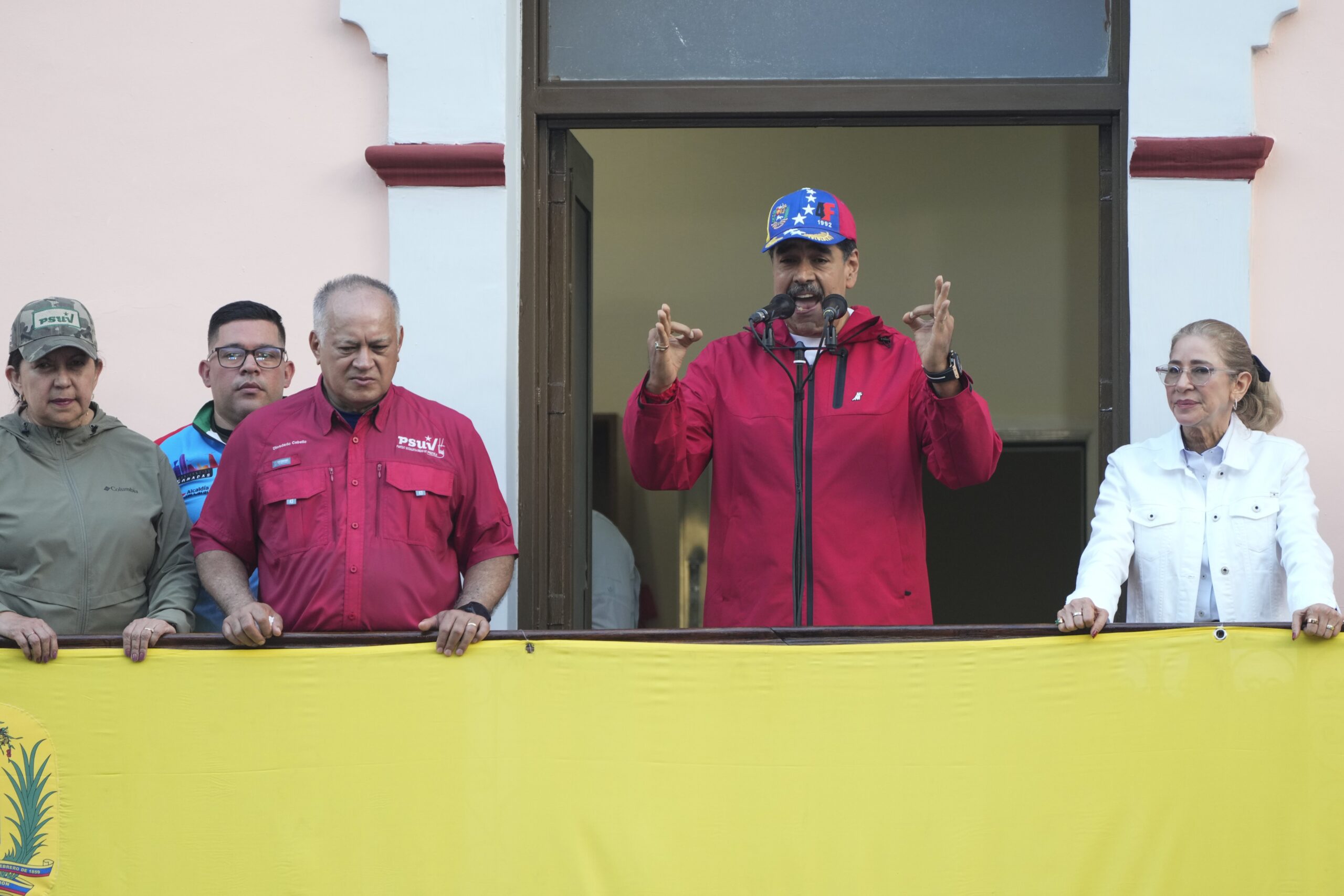
Another casualty of the aid freeze is the Inter-American Commission on Human Rights, which has focused much of its recent work on Cuba, Nicaragua and Venezuela — all countries where institutions are stacked with ruling party loyalists. The watchdog group has been a linchpin of the U.S.-led Inter-American system since the 1950s and depends primarily on contributions from Washington, where it is based. In recent days, it has had to lay off about a third of its workforce.
Roberta Clarke, president of the watchdog, referred to the foreign aid freeze as “extraordinarily disruptive, extraordinarily cruel” in a call with her staff Friday to discuss the stop-work order. One senior manager on the call described the funding crisis as unlike anything she had seen in 24 years working at the commission. Another veteran manager said the commission is facing “collapse.”
“I would say good afternoon, but it’s not a good afternoon,” Clarke, a lawyer from Barbados, said at the start of the call, a recording of which was shared with AP on the condition of anonymity.
Successive administrations, including the first Trump White House, have also been a stalwart supporter of democracy activists battling China’s ruling Communist Party. These stop work orders have left the groups — especially those working on issues in Tibet and Hong Kong, as well as among Uyghur minorities— without financial support and vulnerable to Beijing targeting them with impunity.
Some Republicans are also concerned that Trump could be damaging U.S. strategic and national security interests.
“We’re glad President Trump is taking a hard look at how money is spent and how foreign assistance can be most useful. We just hope it’s an expeditious review,” said Daniel Twining, president of the International Republican Institute, which manages programs on behalf of the State Department in some of the most dangerous countries for activists. “Dictators and adversaries like China aren’t pausing.”














